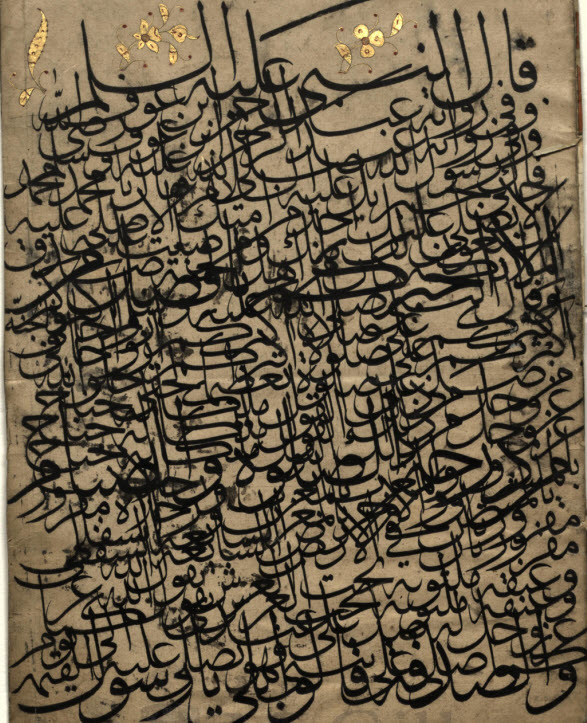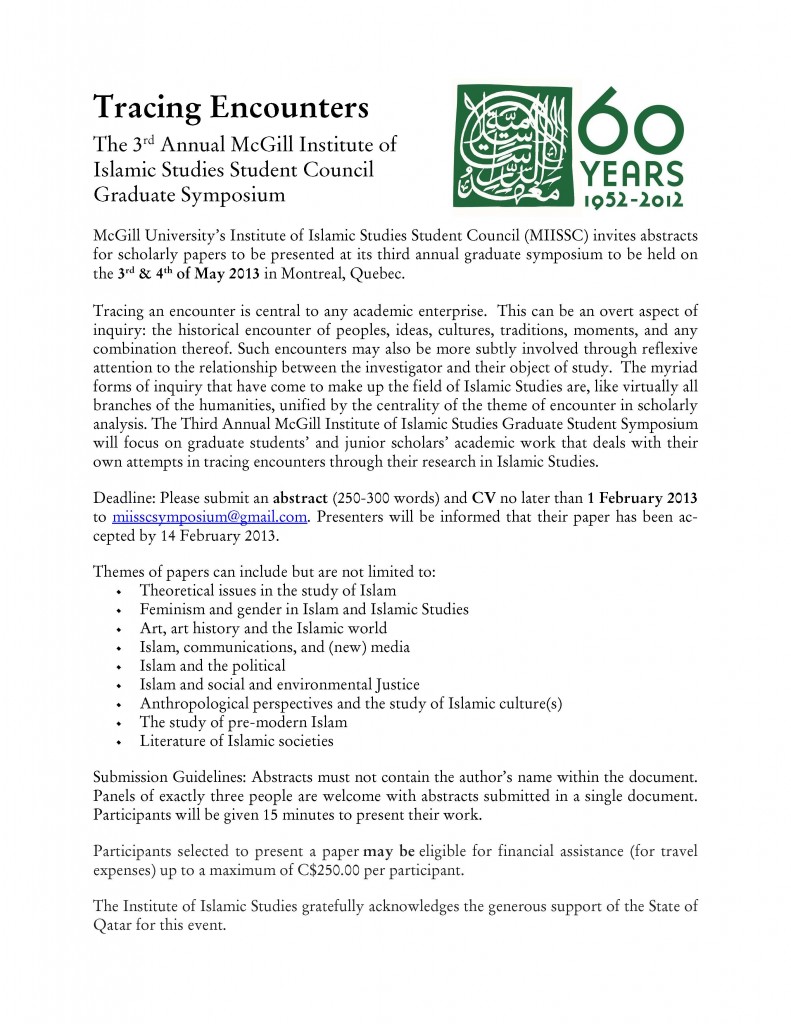The Centre d’études ethniques des universités montréalaises (CEETUM) & The Chaire de recherche du Canada Islam, Pluralisme et Globalisation (CRC‐IPG) invite you to the following conference :
Contemporary Islamic dynamics in Indonesia
by Robert Hefner, Ph.D., Professor and Director of the Institute on Culture, Religion, and World Affairs, Boston University
Monday Dec. 17 2012, 3-5 p.m.
Université de Montréal – Pavillon Lionel Groulx – Room C‐2059
Robert W. Hefner is professor of anthropology and director of the Institute on Culture, Religion, and World Affairs (CURA) at Boston University, where he served as associate director from 1986‐2009. At CURA, he has directed the program on Islam and society since 1991; coordinated interdisciplinary educational programs on religion and world affairs; and is currently involved in research projects comparing responses to modern social change (“modernity”) in Christianity, Islam, Hinduism, and Buddhism.
Hefner has conducted research on Muslim culture, politics, and education since the mid‐1980s, and on the comparative sociology/anthropology of world religions for the past thirty years. He has directed some 15 major research projects, and organized 11 international conferences. Recent projects have examined shari`a law and citizenship in eight Muslim majority countries (2008‐2010); the culture and politics of Muslim education (2005‐2007); the prospects for and the politics of civil democratic Muslim politics (2002‐2004); and social resources for civility and participation in the deeply plural societies of Malaysia, Singapore, and Indonesia (1999‐2001). Hefner has authored or edited fifteen books, as well as seven major policy reports for the U.S. government and private policy foundations. Five of his books have been translated into Indonesian.
During 2009‐2010, Hefner serves as the elected president of the Association for Asian Studies, the largest professional association for Asian studies in the world. During 2008‐2009, he was invited by Stanford University and the National University of Singapore to be the first Lee Kong Chian Fellow in Southeast Asian Studies. Hefner was also invited to be editor for the sixth volume of the forthcoming New Cambridge History of Islam, Muslims and Modernity: Society and Culture since 1800. He has also served as member of the advisory committee to two SSRC projects, the “Religious Lives of Migrant Minorities” and “Religion in International Relations”; as an advisor to a project on “religionification” in Southeast Asia at the École des Hautes Études en Sciences Sociales in Paris (2009‐2010); and as an invited Senior Professor in the Summer Graduate Program on Religion, Culture, and Society at the University Centre‐St. Ignatius, University of Antwerp, Belgium (2007‐2009).



